Description
Guppy grass 1 once portion.. fills a 6 oz jar
Najasguadalupensiscap N a j a s g u a d a l u p e n s i s
𝑁𝑎𝑗𝑎𝑠𝑔𝑢𝑎𝑑𝑎𝑙𝑢𝑝𝑒𝑛𝑠𝑖𝑠
is an easy-to-grow, versatile aquarium plant suitable for beginners. It can be left to float freely or be planted in the substrate and thrives in a wide range of water conditions. The plant’s rapid growth makes it an excellent filter for excess nitrates, but it requires regular trimming to prevent it from overtaking the tank.
Setup options
You can grow guppy grass in two ways: floating or planted.
Floating
- Simply place the stems in the water, where they will float and form dense, bushy clumps.
- Floating guppy grass provides excellent cover for shy fish and fry.
- You may need to use suction cups and tubing to keep the grass from spreading throughout the tank.
- Plant the stems about 2 inches deep into the substrate, allowing enough space for them to grow.
- Guppy grass has a weak root system and may initially melt as it adjusts to being planted. However, the remaining portions will often regrow quickly.
Water parameters
Guppy grass is highly adaptable and can tolerate a wide variety of water parameters.
- Temperature: 68–79°F (20–26°C).
- pH: 6.0–8.0.
- Hardness: Soft to hard water, with a range of 2–20 GH.
Lighting, nutrients, and CO2
Guppy grass can thrive even in tanks without a high-tech setup.
- Lighting: Medium lighting (around 6000K) for 8–12 hours a day is ideal for the greenest and most robust growth. While it will grow in low light, it will be less vibrant. High light can cause it to turn a reddish color or even burn.
- Nutrients: The plant will absorb nutrients directly from the water column, making a nutrient-rich substrate unnecessary. For optimal growth, use a liquid fertilizer, especially after water changes.
- CO2: No CO2 injection is necessary, but a liquid carbon supplement can boost growth if the plant is struggling.
Propagation and maintenance
Guppy grass is simple to propagate and requires routine trimming.
- Propagating: Trim the stems with sharp scissors and replant the clippings in your aquarium or leave them floating. The plant also propagates on its own by sending off side shoots.
- Maintenance: Since it grows quickly, regularly trim the guppy grass to prevent it from blocking light from other plants and overgrowing the tank. Dispose of clippings responsibly, as guppy grass can become an invasive species in waterways.
Potential problems
- Initial melting: It’s normal for guppy grass to experience some melting when first introduced to a new tank, especially if you move it from floating to planted. Give it time to adapt, and new growth should follow.
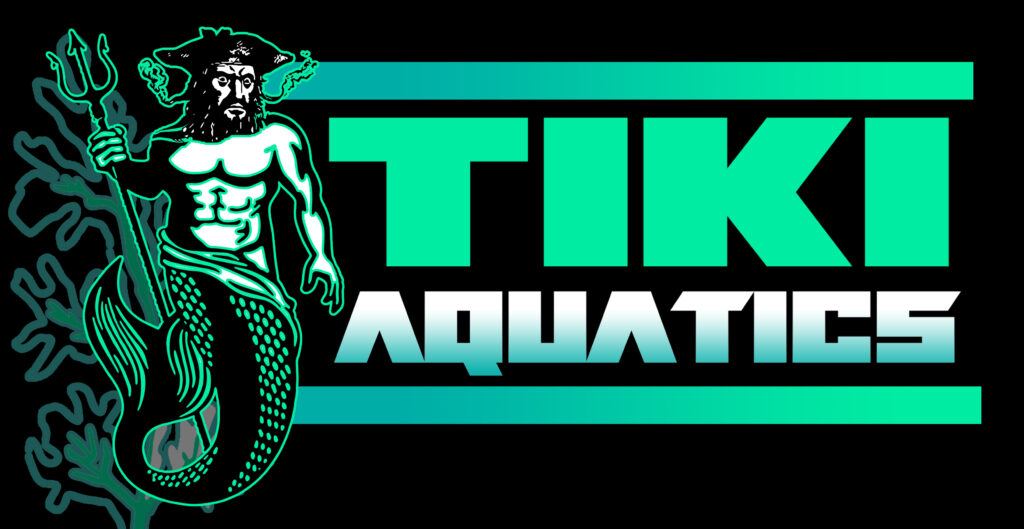



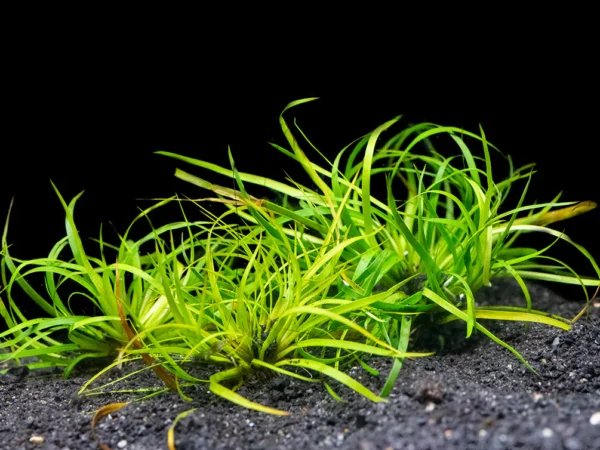
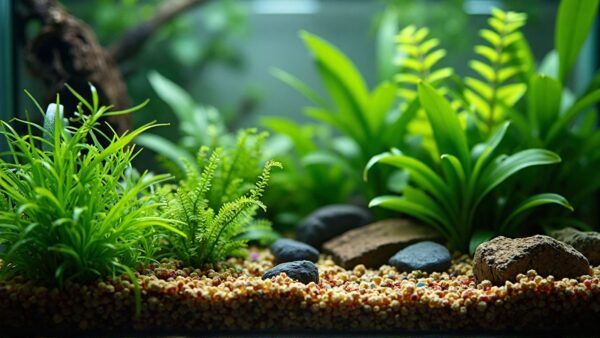
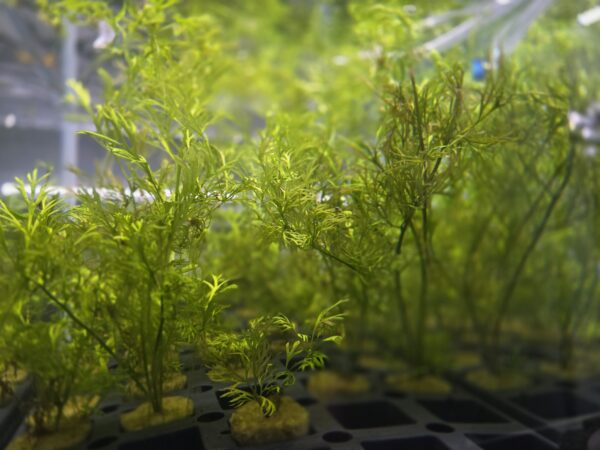
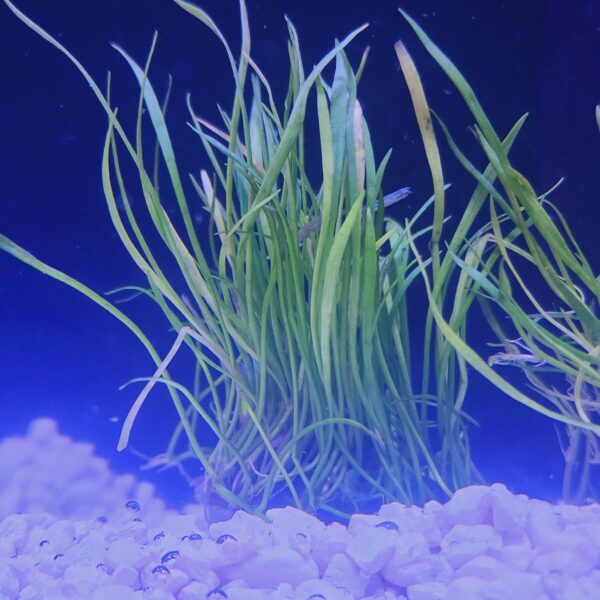
Reviews
There are no reviews yet.